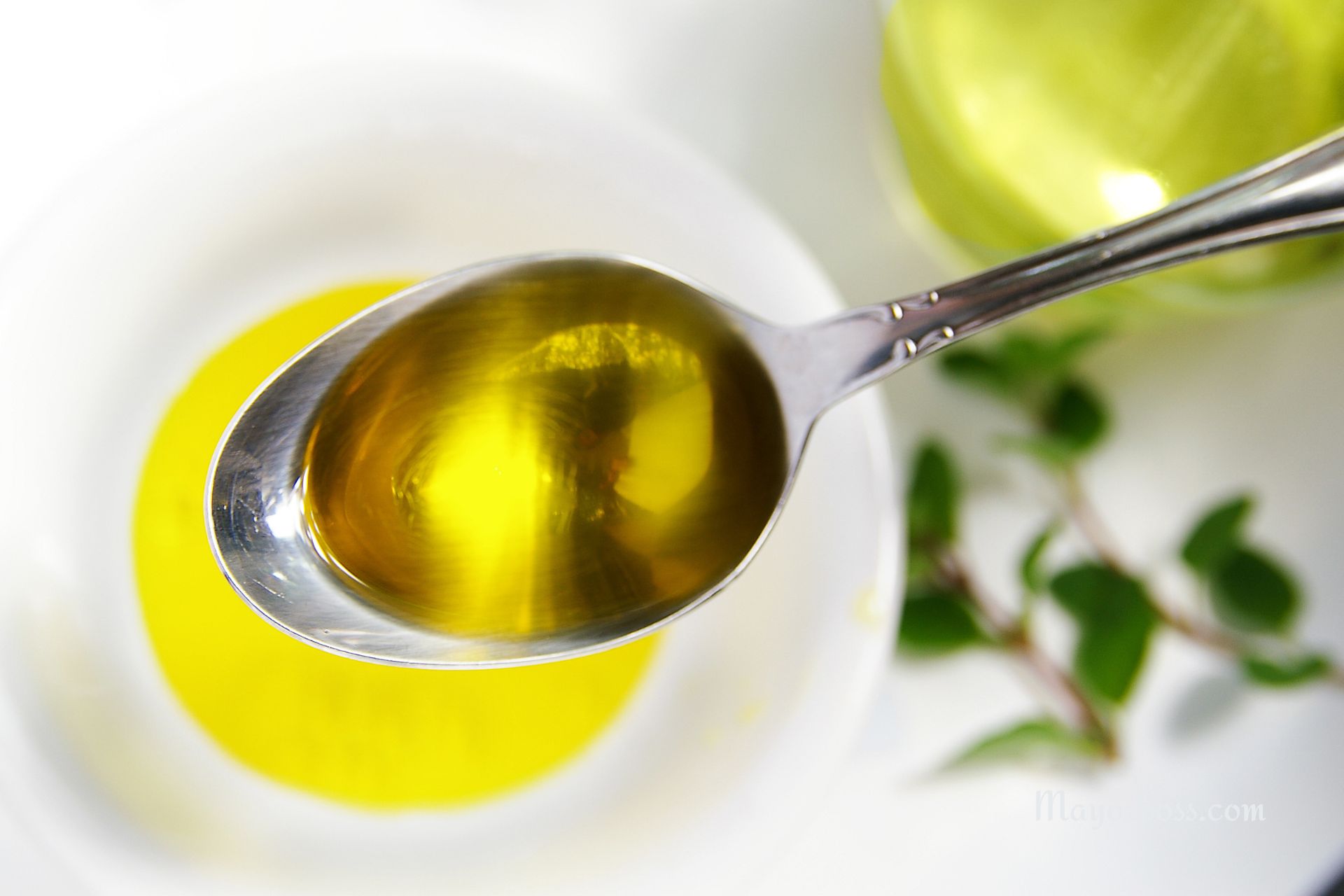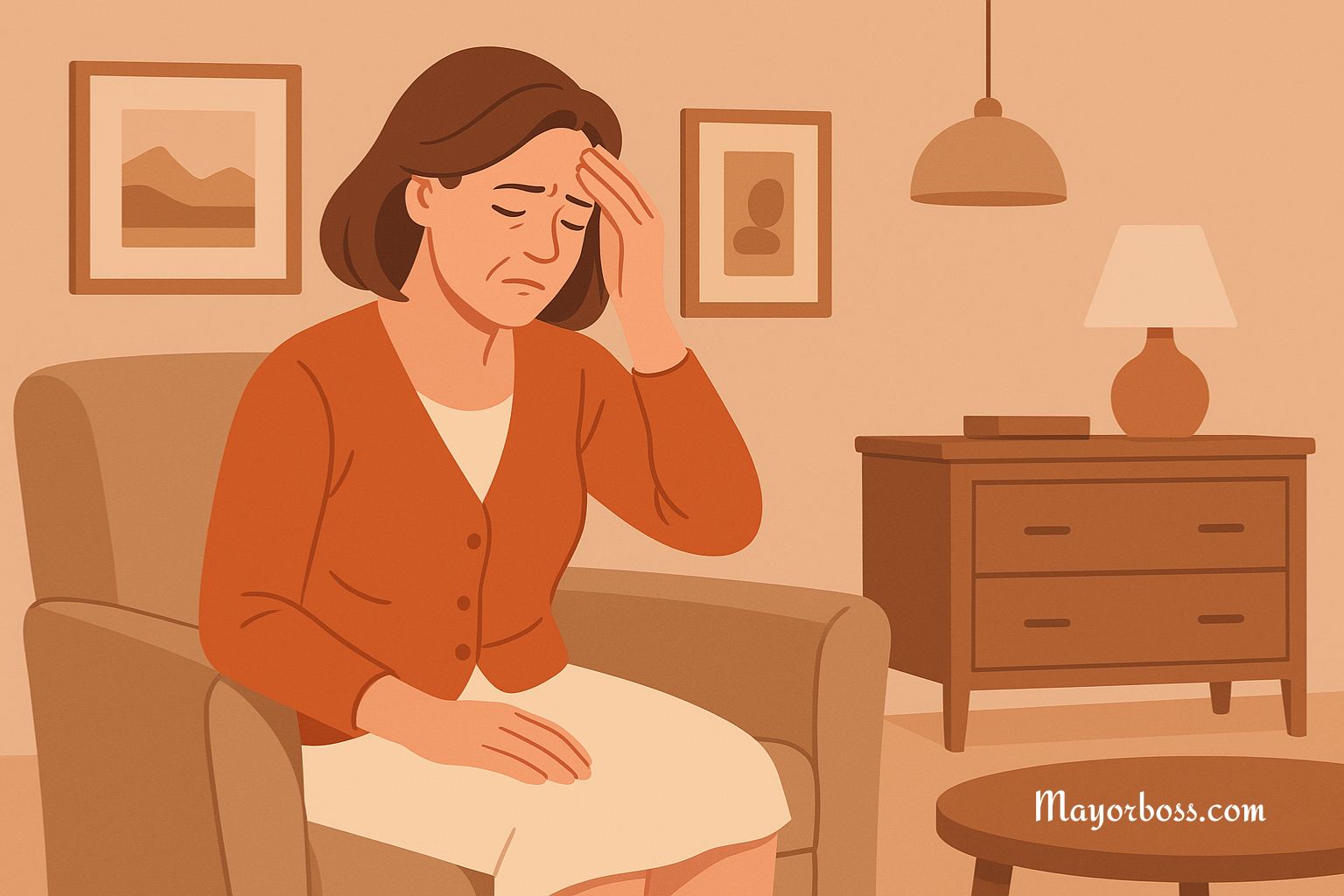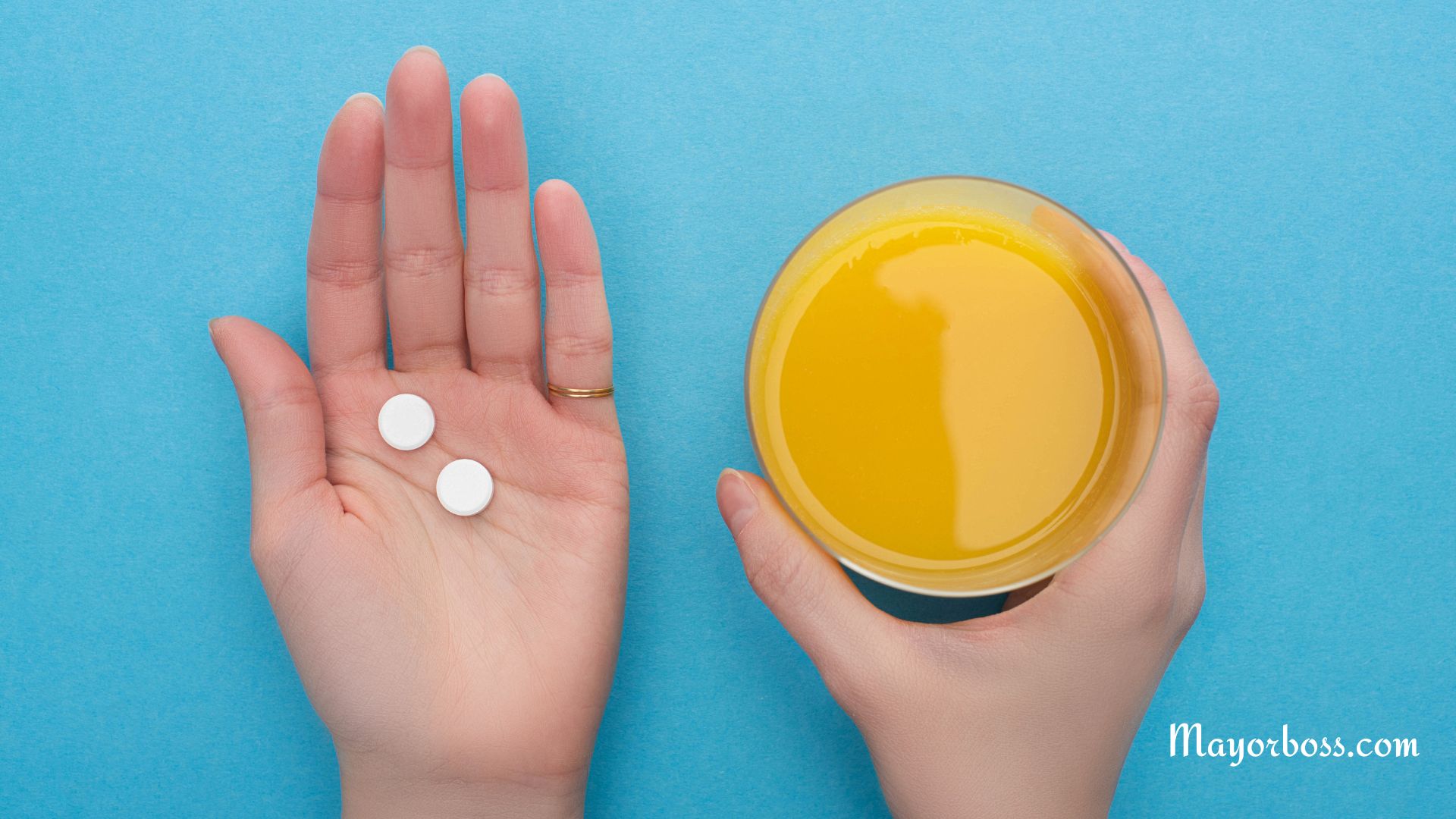The 7 Best Vitamins for Eye Health
Most people don’t think about their eyesight until they start having problems. By then, it may be too late to do much about it. The best way to protect your eyesight is to prevent problems before they happen. And one of the best ways to do that is to make sure you’re getting enough of the right vitamins for eye health.
What are the best vitamins to take for eye health?
The best vitamins for eye health are Vitamin A, Vitamin C, and Vitamin E. These vitamins are essential for maintaining healthy vision and preventing age-related eye problems.
Dr. Natalia Hapych, MD
1. Vitamin A
Vitamin A is essential for good vision. It helps the retina, a layer of nerve tissue at the back of the eye, to function properly. Vitamin A also helps to prevent night blindness, a condition that makes it difficult to see in low light. Foods rich in vitamin A include carrots, sweet potatoes, bell peppers, liver, and eggs.
2. Vitamin C
Vitamin C is an antioxidant that can help protect against damage from free radicals. Free radicals are molecules that can harm cells and lead to conditions like macular degeneration and cataracts. Vitamin C can also help reduce irritation from dry eyes. Foods rich in vitamin C include oranges, grapefruits, bell peppers, and broccoli.
3. Vitamin E
Like vitamin C, vitamin E is an antioxidant that can help protect your eyes from damage caused by free radicals. It has also been shown to slow the progression of cataracts and macular degeneration. Foods rich in vitamin E include almonds, sunflower seeds, spinach, and avocados.
4. Thiamine
Thiamine, also known as vitamin B1, is found in many foods such as pork, legumes, nuts, and seeds. This vitamin helps the body convert carbs into energy and plays a role in nerve function. Thiamine is important for eye health as it helps to prevent a type of vision loss called “glaucoma”
5. Niacin
Niacin (also known as vitamin B3) helps the body convert food into energy and also supports cell growth and function. Studies suggest that niacin may help prevent glaucoma. Good sources of niacin include meat, fish, poultry, mushrooms, and fortified cereals.
6. Riboflavin
Riboflavin (also known as vitamin B2) is yet another type of vitamin B, and it helps your body to use oxygen to produce energy from food. It can also help prevent cataracts. Good sources of riboflavin include milk, eggs, and leafy green vegetables such as spinach and broccoli.
7. Lutein and Zeaxanthin
Lutein and zeaxanthin are two carotenoids or plant pigments that have been shown to play a role in eye health. These nutrients help to filter out blue light and protect against macular degeneration. These substances are thought to act as antioxidants that can help protect against damage from free radicals. Lutein and zeaxanthin are found in dark leafy greens like spinach and kale, as well as in eggs. They are also available in supplement form.
Can I get these vitamins from supplements?
Yes, you can get these vitamins from supplements. However, it’s always best to get your nutrients from food first. Supplements should only be used if you’re unable to get enough of these vitamins from food sources.
Will vitamin supplements help me if I already have vision problems?
If you already have some vision problems, taking extra vitamins probably won’t do much to improve your sight. However, if you take a daily supplement containing these essential nutrients, it may help to slow down any further deterioration in your eyesight.
Are there any risks associated with taking vitamin supplements?
Generally speaking, taking vitamin supplements is safe as long as you don’t take more than the recommended dosage on the label. However, it’s always a good idea to talk to your doctor before starting any new supplement regimen, especially if you have any existing medical conditions or take any prescription medications.
What other things can I do to protect my eyesight?
In addition to eating a healthy diet and taking vitamin supplements (if recommended by your doctor), there are several other things you can do to reduce your risk of developing vision problems later in life. These include: not smoking, wearing sunglasses or a hat when outdoors, and getting regular comprehensive eye exams.
Conclusion
If you’re concerned about your eye health, talk to your doctor about taking supplements or eating foods rich in these nutrients. Remember, though, that vitamins are just one part of a healthy lifestyle. Eating a healthy diet, exercising regularly, not smoking, and wearing sunglasses when you’re outdoors can all help reduce your risk of developing eye problems.
SEE ALSO: Why Are My Eyes Watery?






